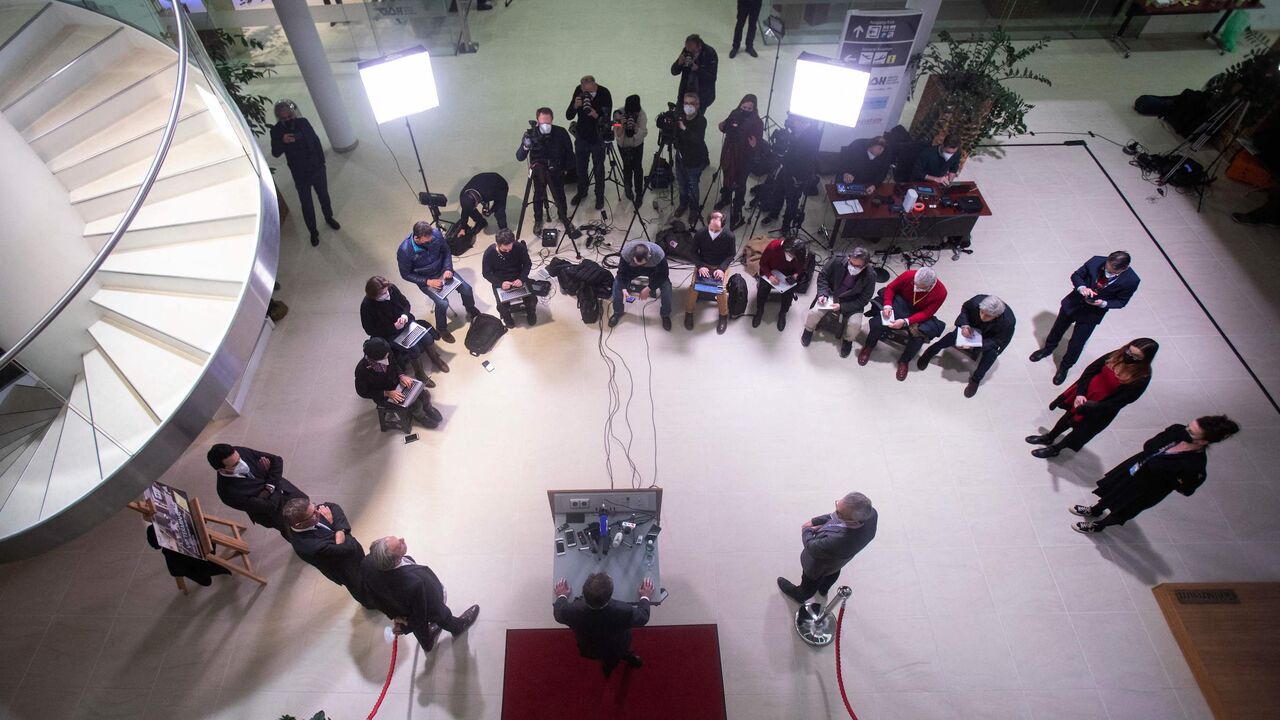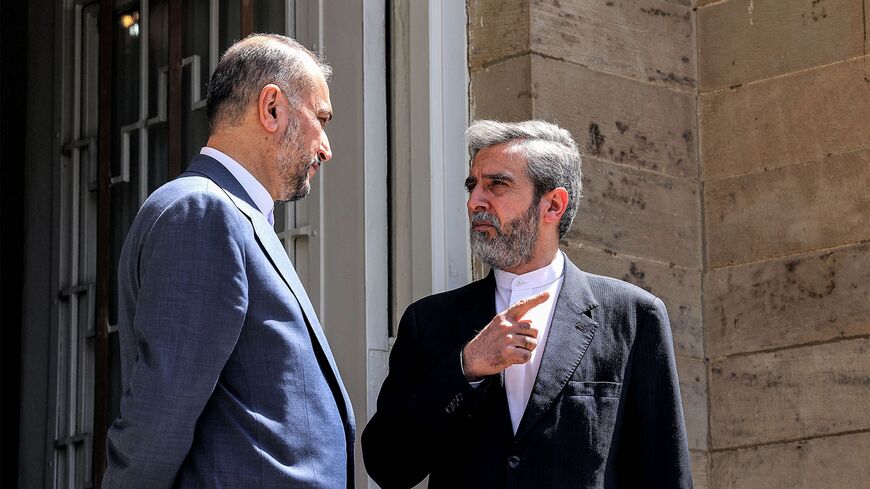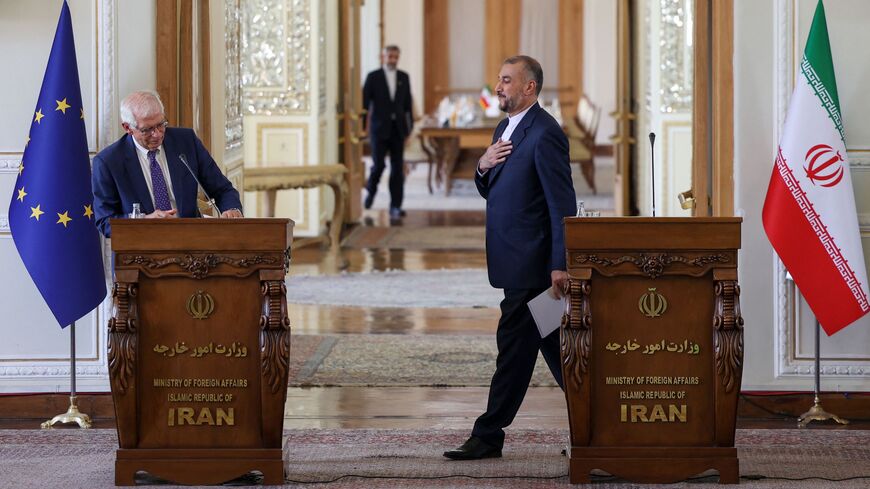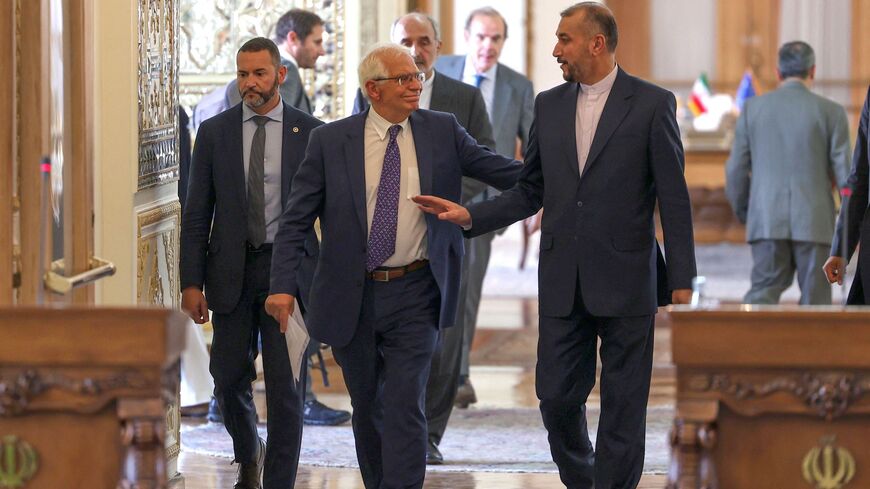Negotiators head to Vienna for Iran nuclear talks
An Iranian lawmaker says recent proposals have grown closer to Iran’s positions.

According to Iran’s Foreign Ministry spokesperson Nasser Kanani, lead Iranian nuclear negotiator Ali Bagheri Kani will depart today for Vienna for negotiations to revive the Iran nuclear deal, the Joint Comprehensive Plan of Action (JCPOA). He will be accompanied by a delegation of Iranian negotiators.
American negotiators as well as EU coordinators will also be in Vienna to help revive the deal, which the United States left in 2018. The two sides will discuss the latest EU proposal for Iran and the United States compromise on outstanding issues. The US exit led to reapplied sanctions that limited Iran’s ability to sell its oil and conduct banking transactions. In response, Iran increased its enrichment to 60% and removed cameras the International Atomic Energy Agency was using to monitor its facilities.






